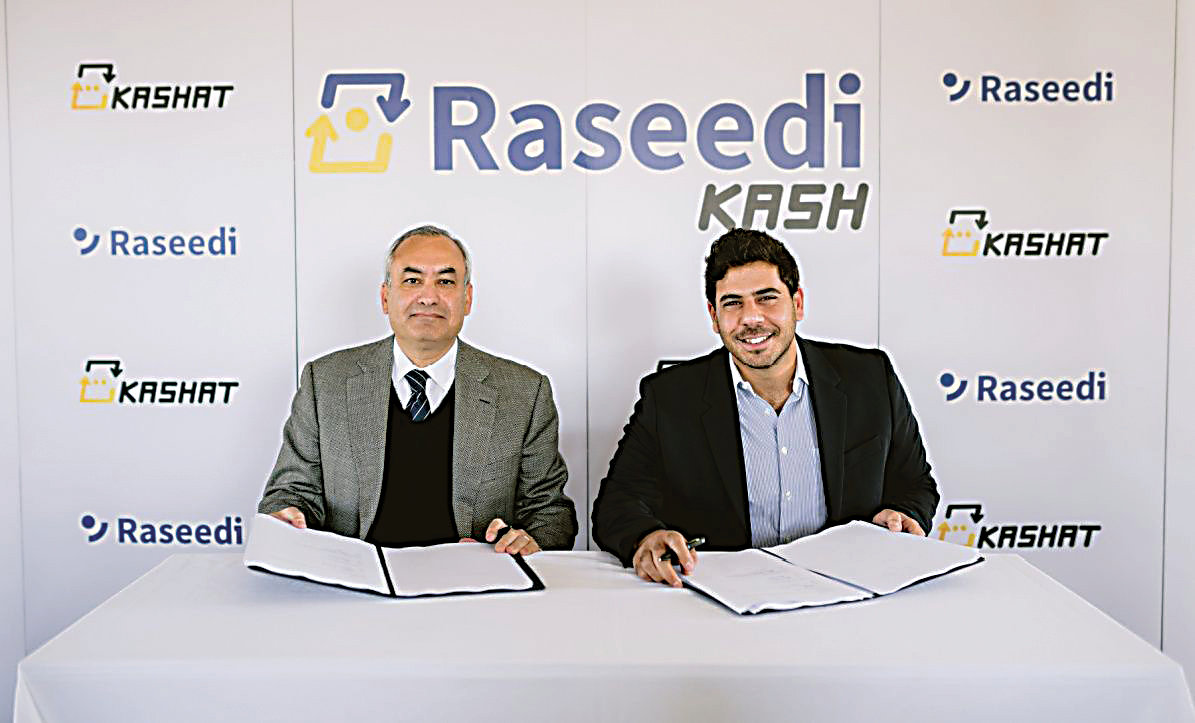RIYADH: Cement sales in Saudi Arabia saw an annual increase of 12.33 percent in the fourth quarter of 2024, reaching 14.87 million tonnes, according to recent data.
Figures released by Al-Yamama Cement showed this growth was primarily driven by strong domestic demand, accounting for 96 percent of total sales, while exports comprised the remaining 4 percent.
For the full year of 2024, cement sales exhibited a more moderate growth of 3.67 percent, culminating in a total volume of 51.15 million tonnes.
Amr Nader, CEO and co-founder of cement consultancy A3&Co. told Arab News: “These figures may not fully align with the anticipated surge in demand from ambitious infrastructure projects.”
He added: “Megaprojects such as NEOM, The Red Sea Project, and FIFA World Cup-related developments require vast quantities of construction materials, the maximum anticipated demand in the next 5 years is 78 million tonnes annually.”
According to Nader, with current market dynamics characterized by oversupply, utilization rates are projected to remain below 80 percent for the next 10 years, falling short of both installed capacity and anticipated maximum utilization levels.
Among the 17 Saudi cement companies, Al-Yamama Cement led the domestic market in the fourth quarter, capturing a 12.84 percent share with sales of 1.83 million tonnes, a substantial 22 percent increase year-over-year.
Following the successful acquisition of Hail Cement Company, Qassim Cement Company solidified its position as the second-largest player in the domestic market, capturing an 11.43 percent market share, equivalent to 1.63 million tonnes of cement sales.
Yanbu Cement, and Southern Cement were the next largest players in the domestic market, holding 10.27 percent, 8.51 percent, and 7.75 percent market shares, respectively.
Al Jawf Cement demonstrated the highest growth in domestic sales, achieving a 38 percent increase to 468k tonnes during this period, despite holding a relatively small 3.28 percent market share.
United Cement followed closely with a 31.55 percent annual increase in local sales, reaching 613k tonnes. Eastern Cement also experienced strong growth, recording a 27.96 percent increase to 723k tonnes.
In terms of cement exports, Saudi Cement dominated with 80.10 percent of total shipments, amounting to 487k tonnes that quarter. This figure represents a 71 percent increase compared to the same period of 2023.
Najran Cement accounted for 14.64 percent of exports, totaling 89k tonnes, marking a 2.2 percent decline. Eastern Cement with 5.26 percent share saw a 60 percent rise in exports, reaching 32k tonnes.
Saudi Arabia’s cement sector plays a critical role in the Kingdom’s industrial landscape, supporting a booming construction market driven by massive infrastructure projects under the Vision 2030 initiative.
As one of the largest cement producers globally, Saudi Arabia’s cement industry is well-positioned to meet the growing demand spurred by developments like NEOM, the Red Sea Project, and FIFA World Cup-related construction.
The sector faces significant challenges, however, including oversupply, rising fuel costs, and the need for environmental sustainability. Despite these hurdles, it remains resilient due to government support and strong domestic demand, which accounts for the majority of sales.
Clinker production and sales
According to data from Al-Yamama Cement, Saudi cement companies produced 14.89 million tonnes of clinker in the fourth quarter of 2024, a 7 percent increase from the same quarter of 2023, and held 135.32 million tonnes of clinker stock, a 14 percent annual rise.
Saudi Arabia also exported 1.15 million tonnes of clinker during this period, marking a 28 percent decline compared to the same period of the previous year.
Clinker, a crucial intermediate product in cement production, is commonly exported due to its cost-effectiveness. It is more economical to ship it to other countries for final processing into cement than to produce the finished product and then export.
Several factors contributed to the significant clinker inventory buildup observed. A key factor according to Nader was a mismatch between supply and demand.

A highly competitive market have driven producers to maintain high production levels to capture market share.
Amr Nader, CEO and co-founder of A3&Co.
The expert explained that while domestic cement sales surged, the decline in clinker exports contributed to a domestic oversupply. This imbalance was further exacerbated by the increase in clinker production, driven in part by an oversupply situation stemming from installed capacity consistently exceeding domestic demand by more than 30 percent.
This means there’s more capacity to produce clinker than is actually needed for the domestic market.
Nader added: “A highly competitive market has driven producers to maintain high production levels to capture market share, and low cost to meet the price pressure generated by oversupply on the local market despite subdued export demand.”
He went on: “There is also stockpiling strategy where companies have deliberately built inventories in anticipation of future demand spikes from megaprojects like NEOM and FIFA World Cup-related initiatives and due to anticipated further increase in fuel prices.”
The consultant attributed the low demand for cement to infrastructure delays, stemming from regulatory hurdles or logistical challenges, which have slowed the pace of construction projects, consequently reducing the immediate consumption of clinker.
Managing oversupply and rising fuel costs
The cement market is currently facing two major challenges — high inventory risks and rising fuel prices.
According to Nader, to mitigate the risks associated with high clinker inventory levels, Saudi cement companies can implement several strategies.
Strengthening export channels to emerging markets in Africa and Asia, where clinker demand is growing, through competitive pricing and improved logistics can help expand export footprints.
Exploring innovative applications for clinker, such as blending it into specialized cement products for niche markets like marine construction or precast solutions, can diversify revenue streams.
Furthermore, adjusting production schedules to align with actual demand can help reduce unnecessary inventory buildup. Finally, collaborating with megaproject developers to secure long-term supply agreements can stabilize clinker consumption and provide a more predictable demand outlook.
According to Nader, the rise in fuel prices, methane, ethane, and diesel, is expected to increase production costs significantly, especially in energy-intensive processes like clinker manufacturing.
However, Saudi cement companies are well-positioned to manage this challenge by passing on the added costs to customers.
With a regulatory price cap of SR240 ($63.97) per tonne, there is still considerable room for price increases before reaching the limit, as the current market price remains approximately SR50 per tonne below the cap, he said.
This provides companies a substantial buffer to adjust prices without violating the cap. Additionally, Saudi Arabia’s cement sector enjoys the highest global average net profit, further enhancing its resilience to cost pressures.
Nevertheless, the expert said that despite this pricing flexibility, fierce competition and an oversupplied market may constrain price hikes. Companies seeking to maintain market share could face challenges in fully transferring costs, as supply currently outpaces demand.
To mitigate cost pressures, Nader said that firms may adopt strategies like improving energy efficiency, switching to alternative fuels like waste-derived fuels or biomass, and optimizing operations.
Government initiatives also provide support, with incentive programs offering up to SR60 million annually for some manufacturers. These incentives are designed to assist cement companies in adopting greener technologies, improving energy efficiency, and reducing carbon emissions.
Additionally, the government is working on long-term solutions to address energy challenges, such as plans for a national natural gas pipeline to phase out liquid fuels and meet the sector’s growing energy demands.
These efforts are part of Saudi Arabia’s broader vision to decarbonize heavy industries and align with global sustainability goals under its Vision 2030 strategy.
Cement alternatives
As construction costs rise, analysts suggest that turning to supplementary cementitious materials and innovative technologies like carbon capture and storage, offers a viable path for developers seeking cost-effective and sustainable solutions.
These alternatives not only align with global sustainability goals but also promise long-term economic and environmental benefits. This can reduce reliance on traditional concrete and cement, which alone accounts for approximately eight percent of global CO2 emissions.
However, Nader challenged the feasibility of significantly replacing cement with alternative materials.
He emphasized that the current global supply of these alternatives is less than five percent of total cement production, making large-scale substitution impractical.
Given Saudi Arabia’s position as one of the top 10 global cement producers, a dramatic shift away from cement would pose substantial investment risks. Instead, Nader underscored the importance of operational and material efficiency technologies, which could achieve a 35 percent reduction in carbon emissions by 2035 with positive cost implications for manufacturers.
He further noted that carbon capture, utilization, and storage, known as CCUS, should be viewed as a last-resort technology for residual carbon capture, targeting post-2040 timelines, after readily available decarbonization strategies have been fully adopted.
Saudi Arabia has already taken steps in this direction by launching an Industrial Excellence Center to support sector-wide decarbonization efforts.





































